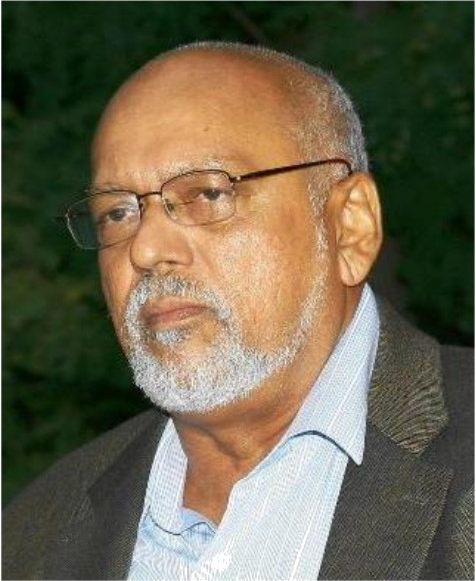In response to this short article, the question posed is whether or not the car maintenance person at the dealership committed a crime.
The incriminating factor is that the dash cam picked up that the maintenance person achieved speeds of 96mph while doing a test drive.
With short supply of evidence provided in the article, one can not be sure about the specific charges that would be brought up. But is it a crime to do this in a test drive?
I believe that some questions of background research should be done,
Was there a necessity to achieve this speed to test the car? Although I have little knowledge about car maintenance, I highly doubt that it would be necessary.
Was this car being driven on a street with a set speed limit for safety reasons? If the car was breaching a speed limit then it is automatically considered breaking the law, which is a crime.
Did this action breach some type of consumer contract of taking care of the car? If driving the car at that speed is detrimental to the vehicle, then it may cause a breach of contract which then raises legal concerns.
At this point, with such little information it is unknown whether this a crime or not. If it is not necessary to the testing of the car, then it should not be done. If it did not break any laws, it still should not be done. If it breached a consumer contract, it definitely should not be done. The pattern shows that even though the act is in question of being a crime, it is not in question of being something that should not have been committed.
